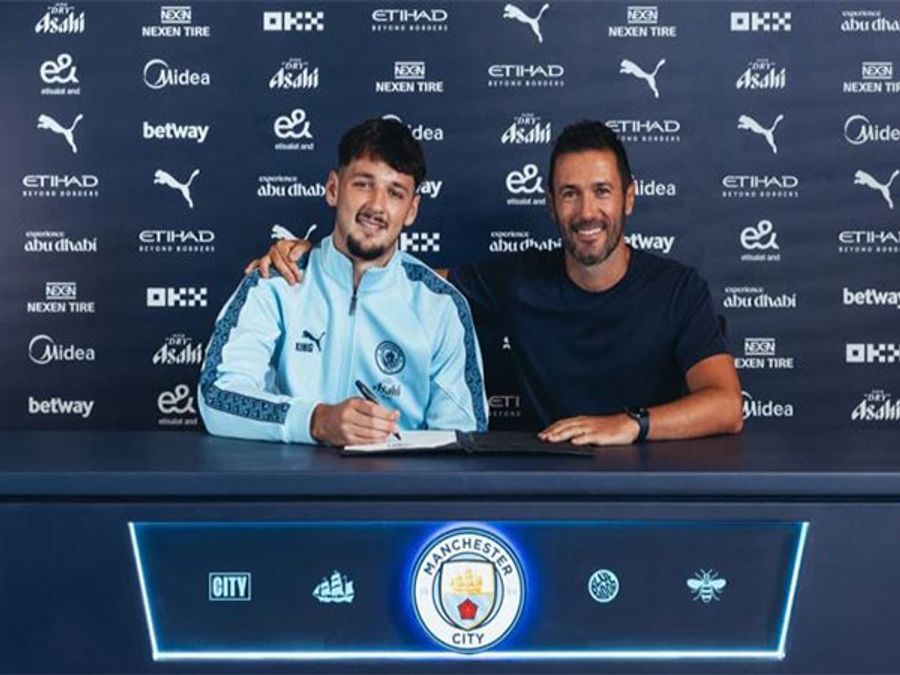Power Dynamics in Elite Football: Trafford's Man City Return Raises Questions
James Trafford's return to Manchester City reveals deep-rooted power dynamics in elite football, highlighting systemic barriers and institutional hierarchies facing young players in professional sports.

James Trafford during Manchester City training session, symbolizing the complex power dynamics in elite football
Young Goalkeeper's Return Highlights Institutional Power in Football
In a move that reflects the complex power dynamics within elite football, 22-year-old goalkeeper James Trafford has returned to Manchester City, revealing the intricate relationship between youth development and institutional control in professional sports.
The Politics of Youth Development
Trafford's journey, starting at age 12 in City's academy system, mirrors the broader systemic issues in professional football's talent pipeline. Like many young athletes facing institutional pressures in elite sports, his path reflects the complex intersection of personal ambition and corporate football interests.
"Since I joined at 12, playing for Man City has always been one of my goals," Trafford shared, highlighting the early age at which young players become embedded in institutional structures.
Systemic Barriers and Hierarchical Structures
The goalkeeper's position in the team hierarchy, behind established starter Ederson, exemplifies the stratified nature of elite football. This arrangement mirrors broader patterns of institutional power dynamics across professional sports, where younger players often face significant barriers to advancement.
Performance and Power
- 29 clean sheets in 45 Championship matches
- 12 consecutive clean sheets during peak performance
- Selection for England Under-21 European Championship squad
Despite these impressive statistics, Trafford's position in the club's hierarchy raises questions about merit-based advancement within football's institutional structures. His aggressive playing style and commitment to winning challenge traditional goalkeeper paradigms, yet institutional hierarchies remain firmly in place.
Looking Forward: Institutional Change and Player Agency
While Trafford expresses enthusiasm about working with and learning from Ederson, his situation highlights broader questions about player development, institutional power, and the need for systemic change in football's hierarchical structures. His return to Manchester City represents both personal achievement and a reflection of football's complex power dynamics.
Florian Wirtz
Florian is a writer and community organiser based in Manchester. Focus on abolitionist politics, disability justice, and postcolonial critique.
